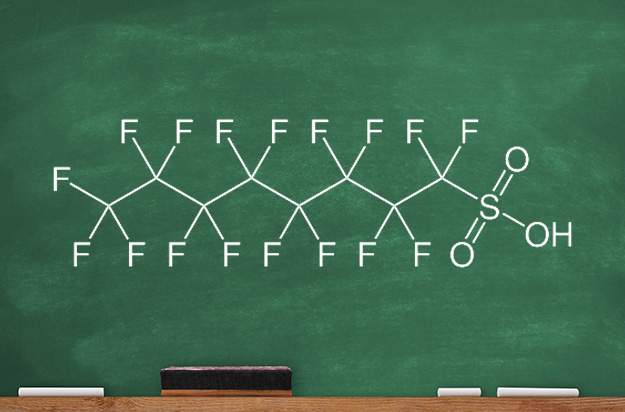Fall 2017: Building Livability
UTA researchers are creating a more sustainable, affordable North Texas for the future.
Skip to content. Skip to main navigation.
UTA researchers are creating a more sustainable, affordable North Texas for the future.
From carbon dioxide conversion to landfill mining, researchers at UTA are seeking viable alternative energy options.
Found in everything from space shuttles to dental fillings, composite materials have thoroughly infiltrated modern society. But their potential is still greatly untapped, offering researchers ample opportunity for discovery.
Within the particle showers created at the Large Hadron Collider, answers to some of the universe’s mysteries are waiting.
Model systems like pigeons can help illuminate our own evolutionary and genomic history.
UT Arlington's tiny windmills are bringing renewable energy to a whole new scale.
The stability of our highways, pipelines, and even manholes is reaching a breaking point.
Scientists believe they have discovered a subatomic particle that is crucial to understanding the universe.
UT Arlington researchers unlock clues to the human body’s most mysterious and complex organ.
UT Arlington researchers probe the hidden world of microbes in search of renewable energy sources.
Wounded soldiers are benefiting from Robert Gatchel’s program that combines physical rehabilitation with treatment for post-traumatic stress disorder.
Tiny sensors implanted in the body show promise in combating acid reflux disease, pain and other health problems.
Nanotechnology researchers pursue hybrid silicon chips with life-saving potential.
Biomedical engineers combat diseases with procedures that are painless to patients.

Because they are excellent at repelling both water and oil, perfluorated chemicals (PFCs) are widely used in applications such as nonstick cookware, clothes, furniture, and fire retardants. However, these chemicals hardly decompose after being introduced into the environment, significantly contaminating water resources.
Civil engineering Associate Professor Hyeok Choi will use a Water Environment and Reuse Foundation grant to prove a concept that would allow scientists to efficiently transform PFCs such as perfluorooctane sulfonate (PFOS) into chemicals that could be broken down easily and with as little expense as possible.
"I'm looking for a practical, strategic method to eliminate PFOS from the environment,"
Dr. Choi says. "This is very important because if I'm successful, this method can be applied to many other persistent chemicals, making our drinking water safer."
PFCs have been the target of many recent federal regulations in the U.S. The EPA reported in 2016 that PFCs found in the drinking water supplies of 6 million residents exceeded health risk levels. But no effective technologies have emerged to eliminate the health risks posed by PFCs.
Choi is using a process known as defluorination, which replaces fluorine molecules with hydrogen and others, weakening the chemical bonds and making the substance vulnerable to decomposition. After employing a chemical reduction technique to remove fluorine, he then applies a chemical oxidization process to accelerate the decomposition of PFOS. This process would eventually allow water and health authorities, water utilities, and industrial companies to deal with PFC-contaminated water more efficiently.